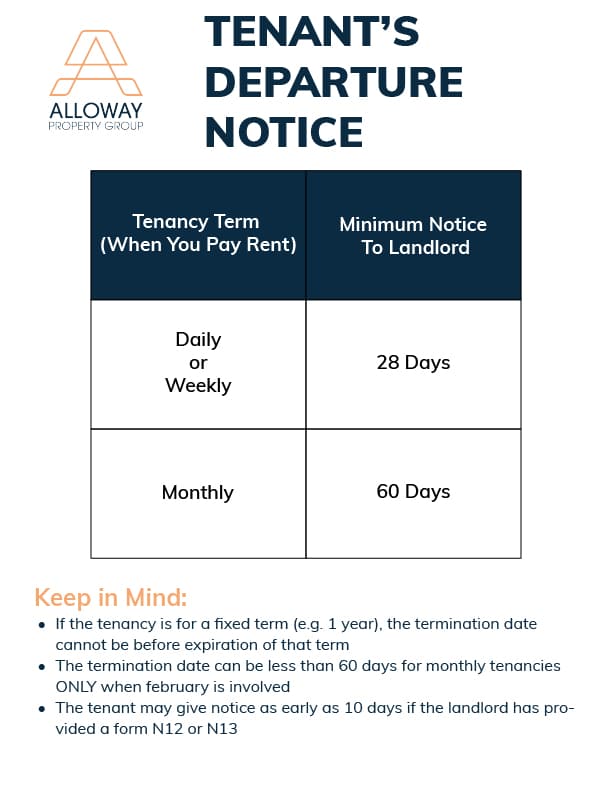Residential Real Estate is one of the most versatile asset classes in Toronto. Some partake in Residential Real Estate for the purposes of living and raising a family. Others, however, may take advantage of residential real estate’s low entry barrier for investment. (The residential concessions in financing allow the beginner investor with little capital to achieve a high CAP RATE).
The dilemma becomes even more confusing when owners decide to hybrid the two avenues and only rent out part of a single family home. A prime example of this is when owners convert their lower space into a Legal Basement Apartment.
Occupation of a space by a residential tenant begins to compound issues of Vacant Possession. Often times, buyers of one or two unit homes desire the property to be empty on completion of the transaction. Unfortunately, however, its not always possible to achieve Vacant Possession. This is especially the case with rental properties that will continue to be used as such.
On This Page
What is Vacant Possession?
Vacant Possession is a term used to describe delivery of Real Property in Ontario without occupation by any party. Vacant Possession means the property is delivered on closing without a tenant, owner, or any other party occupying the space.
The Vacant Possession Clause in Ontario
The OREA Standard-Form Agreement of Purchase and Sale, paragraph 2 stipulates that vacant possession shall be given on completion. It’s important to specify in the appropriate schedules should the Seller be assuming tenancies on completion. Failing another agreement, it is incumbent on the Seller to give Vacant Possession on that date.
Buyer’s Lawyers should also requisition that vacant possession be given at closing.
Tenant Rights & The Residential Tenancies Act (RTA)
The Residential Tenancies Act (RTA) dictates tenant rights in Ontario.
Typically, tenancies are either Fixed Term or Periodic. Fixed term tenancies have a specified start and end date. Periodic tenancies, however, have no end. The tenancy runs for the period (usually the month) and automatically continues for the following period unless certain constraints are met.
In Ontario, fixed term tenancies usually automatically convert into periodic after the term has ended. The most common fixed term tenancy on residential leases runs for a period of one (1) year.
A fixed term tenancy cannot be unilaterally ended by either party except for very specific circumstances. In this situation, legal advice is strongly recommended.
A periodic tenancy, however, can be unilaterally ended by either party, subject to certain conditions.
For example, a tenant can unilaterally end a periodic tenancy with sixty (60) days notice that they will be vacating the property.

Application for Vacant Possession
A current or new owner of a property can end a periodic tenancy and achieve vacant possession in one of four ways:
1. The Landlord or Landlord’s Family wishes to move into the unit.
2. The Landlord wishes to convert the property to a different use.
3. The Landlord wishes to renovate the Unit (with conditions).
4. The Landlord & Tenant mutually agree.
Apart from these specific scenarios, it is difficult to achieve Vacant Possession.
The Landlord (or Landlord’s Family) wishes to move into the Unit
If a tenancy is periodic, the Landlord, purchaser, or their immediate family may wish to move into the Unit. This is a permissible way to end tenancy under Ontario Law.In this scenario, the Landlord must:
- Serve the Tenant with form N12
- Provide the Tenant Sixty (60) days notice
- Compensate the tenant with one (1) month’s rent
The Tenant, upon receipt of the notice, can choose to vacate the unit at any time with only ten (10) days notice prior to the scheduled termination date.
The unit must be occupied by the Landlord or the Landlord’s family for a minimum of one (1) year.
In the event of a disagreement between the Landlord & Tenant, the Landlord can apply for an eviction notice with the Landlord & Tenant Board (LTB). The Landlord would then prove that the family was desirous to move in. In situations where a property has multiple units (which is becoming increasingly common due to the City’s Multiplex Zoning By-Law), the tenant may have right to occupy another vacant unit.
The Landlord Wishes to Convert the Property to a Different Use
The Owner or Purchaser of Real Property may wish to convert the property into a completely different use. A common example is conversion of a home into an office, or demolishment of the property entirely. This would also require Vacant Possession of the property.
The Landlord or Owner must:
- Serve the Tenant with form N13
- Provide the Tenant One Hundred Twenty (120) Days Notice
- Provide the Tenant One Month’s Rent as Compensation (if less than 5 rental units)
- Or, Offer another unit to the Tenant
As above, a disagreement can be solved with application for eviction to the LTB.
The Landlord Wishes to Renovate the unit
The stipulations for renovating a unit are the same as demolishment or conversion (Scenario 2). However, upon completion of the renovations, the Landlord must offer the unit to the original tenant at the same rent prior to the renovations.
In Ontario, sneaky landlords may use this tactic to achieve vacant possession, renovate the unit, and then re-rent the unit at higher rates. This is commonly referred to as a “renoviction”.
Mutual Agreement
This is the simplest and most common way to achieve Vacant Possession of a unit. The purchaser may wish to use the unit for a purpose that doesn’t quite fit the categories above.
In this scenario, the Tenant may negotiate a settlement with the Landlord. In exchange for Vacant Possession, the tenant may choose to receive concessions, rent payments, or other forms of compensation.
Tips to Achieve Vacant Possession
A request to leave home is never something a tenant wishes to receive. If you’re looking at purchasing a rental property or wish to sell your income property and provide vacant possession, here are a few tips to make the negotiation process smoother.
- Be honest with the tenant as to your reasons. Do not try to mask the real reason for vacant possession. This will only lead to a disagreement at LTB.
- Provide 2x-3x the mandated notice
- Offer the tenant significant financial compensation. Usually, legacy tenants may be renting at below-market rates. An offer for 3 or 4 months NEW rent may be enough to entice a tenant to leave.
Do you have questions or concerns regarding a Vacant Possession situation? Contact Us for assistance.
